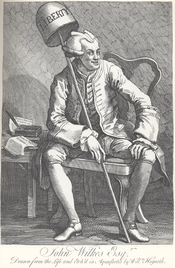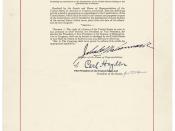Criminal Procedure Policy Paper
Felicia Wilson
CJA/ 364
Instructor: SCOTT HORWATH
Throughout history, the United States Constitution have been known for providing and protecting Americans under the Bill of rights which are the first ten amendments. Amendments such as the fourth, fifth and sixth appear to be the most precedent throughout courts, trials and determining whether or not information obtained can and will be used to prosecute a person.
The rights guaranteed in the fourth amendment is "the right of the people to be secure in their persons, houses, papers, and effects, against unreasonable searches and seizures, shall not be violated, and no Warrants shall issue, but upon probable cause, supported by Oath or affirmation, and particularly describing the place to be searched, and the persons or things to be seized ("What Rights Are Guaranteed In The Fourth Amendment?", 2014).
With the violation of civil liberties of civilians and American citizens, the fourth amendment has left a tremendous and ordeal impact on both the court and the police when it comes to criminal procedure.
First and foremost, both the courts and lawmakers set in place safeguards to legally stop law enforcement from interfering with people fourth amendment rights. But, if law enforcement did interfere it could only occur under certain guidelines and circumstances. Probable cause and reason had and must accompany why a police officer is searching an area or even place of the individual.
According to ""search And Seizure" And The Fourth Amendment" (2014), "the Fourth Amendment provides safeguards to individuals during searches and detentions, and prevents unlawfully seized items from being used as evidence in criminal cases. The degree of protection available in a particular case depends on the nature of the detention or arrest, the characteristics of the place searched, and the circumstances under which the search...


